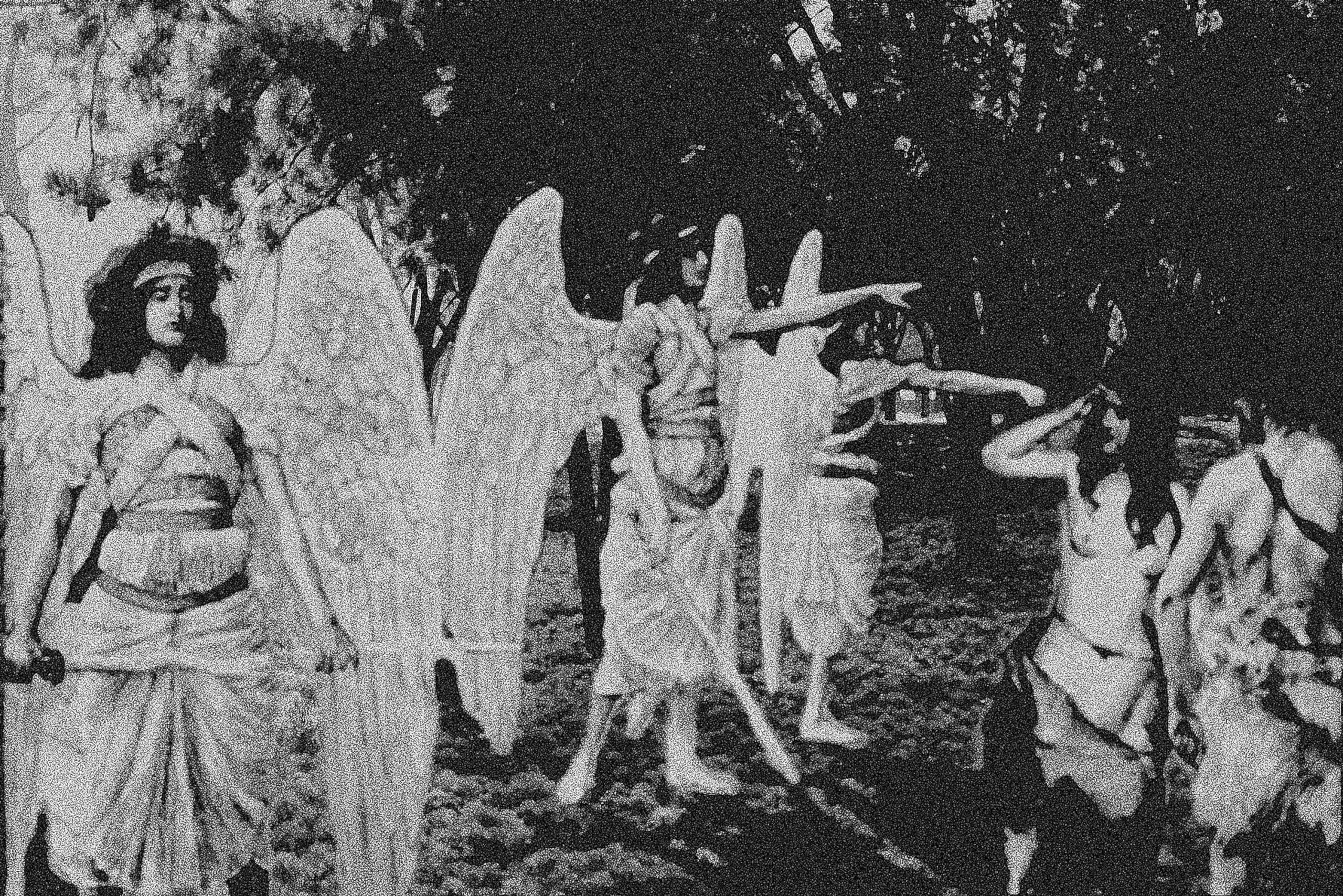 he story of Adam and Eve’s expulsion from the Garden of Eden is a central part of the biblical narrative of the origins of humanity, and has been interpreted and reinterpreted by theologians, philosophers, and scholars for centuries. According to the story, which is found in the book of Genesis in the Old Testament, God created Adam and Eve and placed them in the Garden of Eden, a paradise where they could live in harmony with nature and with each other. God gave them all they needed and allowed them to eat from any tree in the garden, with the exception of the tree of the knowledge of good and evil.
he story of Adam and Eve’s expulsion from the Garden of Eden is a central part of the biblical narrative of the origins of humanity, and has been interpreted and reinterpreted by theologians, philosophers, and scholars for centuries. According to the story, which is found in the book of Genesis in the Old Testament, God created Adam and Eve and placed them in the Garden of Eden, a paradise where they could live in harmony with nature and with each other. God gave them all they needed and allowed them to eat from any tree in the garden, with the exception of the tree of the knowledge of good and evil.
One day, a serpent convinced Eve to eat the fruit from this forbidden tree, and Eve then gave some of the fruit to Adam, who also ate it. As a result of this disobedience, God punished Adam and Eve by expelling them from the Garden of Eden. This expulsion is often seen as a metaphor for the loss of innocence and the beginning of humanity’s struggle with sin and suffering.
The story of Adam and Eve’s expulsion from the Garden of Eden raises a number of important questions about the nature of God, the nature of human beings, and the relationship between the two. One of the most fundamental questions that the story raises is why God chose to expel Adam and Eve from the Garden of Eden in the first place.
There are a number of different interpretations of this question, and the answer will depend in part on how one understands the nature of God and the nature of human beings. One possible interpretation is that God expelled Adam and Eve from the Garden of Eden because they had disobeyed his command not to eat the fruit from the tree of the knowledge of good and evil. According to this interpretation, God’s expulsion of Adam and Eve was a punishment for their disobedience, and was intended to teach them the importance of following God’s commands.
This interpretation is supported by the biblical text, which states that God told Adam and Eve not to eat the fruit from the tree of the knowledge of good and evil, and that if they did, they would “surely die” (Genesis 2:17). When Adam and Eve disobeyed this command and ate the fruit, they were punished with expulsion from the Garden of Eden. This punishment can be seen as a way for God to teach Adam and Eve the importance of following his commands, and establishing a sense of order and structure in the world that he had created.
Another possible interpretation of the story is that God expelled Adam and Eve from the Garden of Eden in order to teach them about the consequences of their actions. According to this interpretation, God wanted Adam and Eve to understand that there are consequences for our actions, and that we must take responsibility for the choices we make. By expelling Adam and Eve from the Garden of Eden, God was trying to teach them this lesson.
This interpretation is supported by the fact that God had warned Adam and Eve about the consequences of their actions before they ate the fruit from the tree of the knowledge of good and evil. God told them that if they ate the fruit, they would “surely die” (Genesis 2:17), and when they disobeyed this warning and ate the fruit, they were punished with expulsion from the Garden of Eden. This punishment can be seen as a way for God to teach Adam and Eve about the consequences of their actions, and to help them understand that their choices have consequences.
A third possible interpretation of the story is that God expelled Adam and Eve from the Garden of Eden in order to protect them from the dangers of the knowledge of good and evil.
Avid Writer with invaluable knowledge of Humanity!
Upcoming historian with over 30 million views online.
“You make your own life.”





